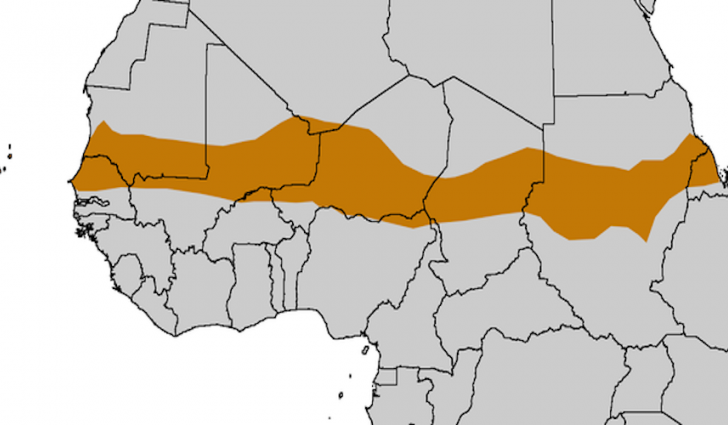UN agencies have urged greater international support to stave off severe food insecurity in the Sahel region, reeling from the effects of conflict and threatened by drought and rising hunger.
The World Food Programme (WFP) and UN Children’s Fund (UNICEF) said about five million people in northern Senegal, southern Mauritania and parts of Mali, Niger, Burkina Faso and Chad, were affected.
The UN agencies said the region would require food and livelihood assistance, after having exhausted their food reserves, which may run out by the end of May.
WFP and UNICEF said in normal weather conditions, supplies would last beyond June, into September.
“We are hearing of people cutting down the number of daily meals and children dropping out of school,” said Abdou Dieng, the Regional Director of WFP for West and Central Africa.
“Those are telling signs of a looming disaster that the world cannot continue to ignore.”
It is feared the region’s children would be the worst affected, with more than 1.6 million at risk of severe acute malnutrition this year.
The figure represent a 50 per cent increase compared with the last major nutrition crisis in the Sahel, in 2012.
Marie-Pierre Poirier, the Regional Director for West and Central Africa at UNICEF, said that it was “tragic that the same mothers are coming back to the clinics year after year with their children for treatment.”
Poirier said: “This year, the numbers have been the worst, she added.
“We can break this cycle if we invest now in building resilience – making families, communities and national authorities better equipped to prevent and deal with similar shocks in the future.”
According to Coumba Sow, the Sub-Regional Coordinator for Resilience for Food and Agriculture Organisation (FAO) across the region, strengthening resilience is also the top priority.
“What will help stabilise the Sahel is support for pastoralists and agro-pastoralists, during this lean season and in the future, to cope with shocks that include climate change and conflicts.”
To mitigate the impact of the immediate crisis, the three UN agencies have developed a joint response to cover food needs, protect livelihoods and address malnutrition.
They have also prepared longer-term interventions, including improving access to local food resources as well as strengthening health and social services to allow communities and countries at large, to prevent and deal with similar shocks in the future.
The UN agencies, said, however, that implementing these programmes relied on sufficient funding.
Fully funded, the WFP said its response requiring 284 million dollars would provide food and nutrition to some 3.5 million people.
Similarly, UNICEF’s response of 264 million dollars would protect almost one million children from severe acute malnutrition and provide them access to water and sanitation facilities and education until the end of the year.
FAO said its response requiring 128 million dollars, of which 45 million dollars was urgently needed, would help the situation from further deteriorating for 2.5 million livestock and other farmers, and their families.
How a fan made Kiss Daniel give back to the needy


